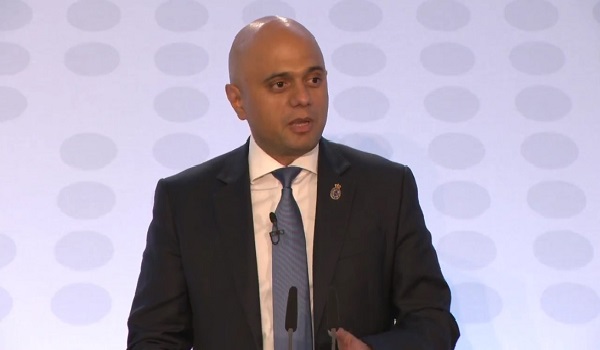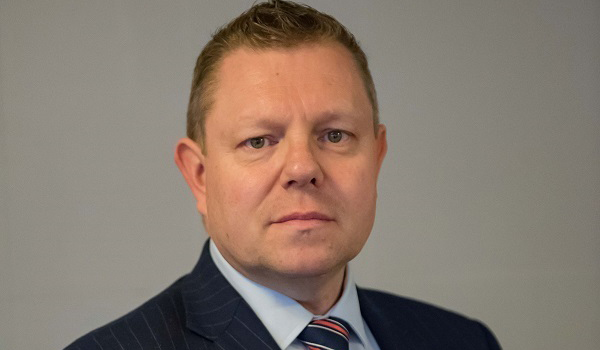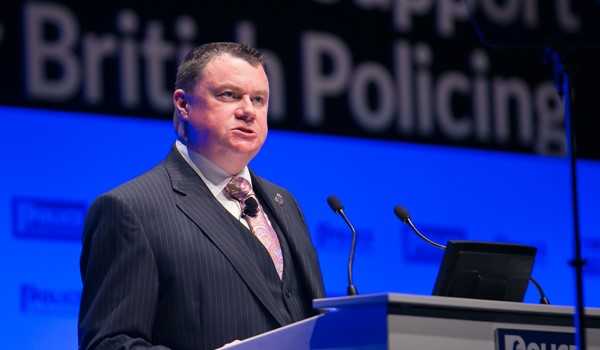Home Secretary: 'Police chiefs need to find ways to be more effective'
The Home Secretary has refused to commit to funding the police pension shortfall to alleviate pressure on force resources and has instead suggested that chief officers find new ways to provide a more effective service to the public with the resources they have.
The Home Secretary has refused to commit to funding the police pension shortfall to alleviate pressure on force resources and has instead suggested that chief officers find new ways to provide a more effective service to the public with the resources they have.
Speaking at the fourth joint summit between the Association of Police and Crime Commissioners (APCC) and the National Police Chiefs’ Council (NPCC), Sajid Javid said although forces were being “stretched” and he would be ensuring that policing was prioritised in the Government’s forthcoming spending review, more money was not the only way to curb rising crime.
He went on to outline four strategies that police chiefs should apply to improve the way they run their forces and to make better use of taxpayers’ money.
Mr Javid suggested that the use of Force Management Statements could make it easier for forces to identify and then manage demand, ultimately enabling them to provide a better service to the public.
He also called for chief constables to provide more support for frontline officers. “We know our most important assets are human and for our police to be productive and effective, they need to feel fully engaged and supported,” said Mr Javid. He praised the actions of Wiltshire Chief Constable Kier Pritchard, who encouraged his officers to come forward for support in the wake of the Salisbury incident by being vocal about the support he himself has received.
Mr Javid also suggested chief constables find new ways to collaborate with neighbouring forces to cut costs and have a greater impact on issues such as County Lines drug trafficking. He said that the current lack of joint operations was having a negative impact on effectiveness.
Finally, Mr Javid called for chiefs to work harder in the field of crime prevention rather than simply reacting to crime. He gave the example of initiatives introduced by the Metropolitan Police Service and others in response to the rise of moped-enabled crime, incidents of which have since fallen significantly.
The Home Secretary acknowledged that legislation also had a role to play.
“That’s why I’m also making sure the police have the right powers too,” he said. “One of these powers is stop and search. I want officers to feel confident, trusted and supported in using stop and search, and I will be looking at ways to reduce bureaucracy and increase efficiency in the use of this power.”
At the same time, the Home Office will seek to plug “capability” gaps through a national detective training programme and extra money for tackling cyber-crime.
Mr Javid said such reforms were needed because “crime is changing faster than we could ever have anticipated” with “previously under-reported crimes like sexual abuse, domestic abuse and modern slavery … being reported to the police more than ever before” and “a worrying recent rise in serious violent crime”.







